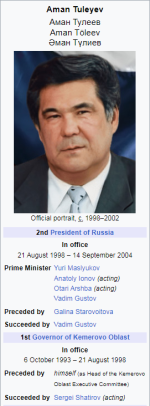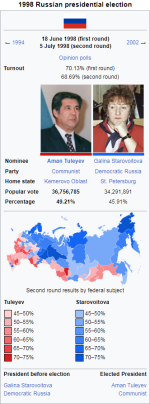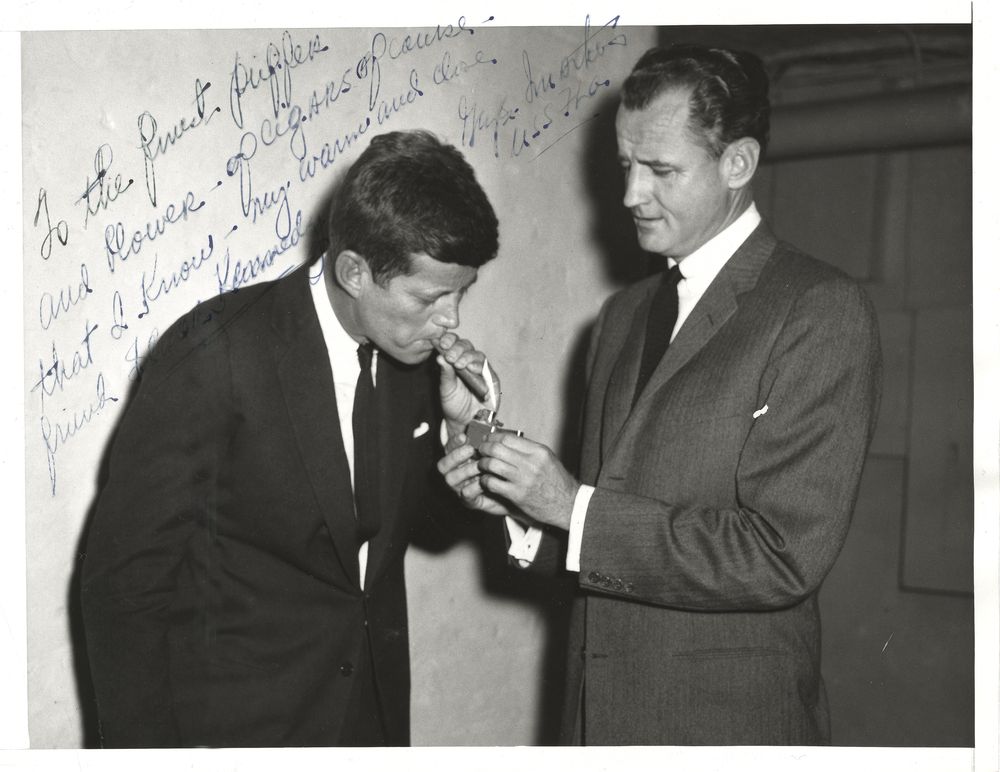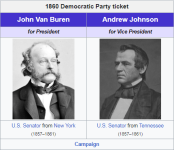Meppo
Anticommunist Mole
- Location
- Default City, Russia
- Pronouns
- he/him
WASTED OPPORTUNITIES
2029–2033: Kamala Harris / Andy Beshear (Democratic)
2039–20XX: Katie Britt / Eric Johnson (Republican)
GRETCHEN WHITMER, GOVERNOR OF MICHIGAN (2019-2027), SUCCEEDED BY LT. GOV. GARLIN GILCHRIST
TIM WALZ, GOVERNOR OF MINNESOTA (2019-2027), SUCCEEDED BY LT. GOV. PEGGY FLANAGAN
ANDY BESHEAR, GOVERNOR OF KENTUCKY (2020-2028), SUCCEEDED BY LT. GOV. JACQUELINE COLEMAN
JON OSSOFF, U.S. SENATOR FROM GEORGIA (2021-2033), SUCCEEDED BY STATE SEN. SOO HONG
RAPHAEL WARNOCK, U.S. SENATOR FROM GEORGIA (2021-2043), SUCCEEDED BY U.S. REP. MITCHELL HORNER
JOHN FETTERMAN, U.S. SENATOR FROM PENNSYLVANIA (2023-2029), SUCCEEDED BY U.S. REP. CHRIS DELUZIO
JOSH SHAPIRO, GOVERNOR OF PENNSYLVANIA (2023-2031), SUCCEEDED BY ATT. GEN. NICOLE ZICCARELLI
RUBEN GALLEGO, U.S. SENATOR FROM ARIZONA (2025-2035), SUCCEEDED BY U.S. REP. YASSAMIN ANSARI
2029–2033: Kamala Harris / Andy Beshear (Democratic)
2028 def. Sarah Huckabee Sanders / Josh Hawley (Republican)
2033–2038: Paul Nakasone / Katie Britt (Republican)2032 def. Andy Beshear / Sara Jacobs (Democratic)
2036 def. Abigail Spanberger / Darrin Camilleri (Democratic), Chelsea Manning / Omar Fateh (The People United)
2038–2039: Katie Britt / vacant (Republican)2039–20XX: Katie Britt / Eric Johnson (Republican)
2040 def. Solomon Rajput / Chris Deluzio (Democratic), Travis Kalanick / Josh Lafazan (nonpartisan)
GRETCHEN WHITMER, GOVERNOR OF MICHIGAN (2019-2027), SUCCEEDED BY LT. GOV. GARLIN GILCHRIST
TIM WALZ, GOVERNOR OF MINNESOTA (2019-2027), SUCCEEDED BY LT. GOV. PEGGY FLANAGAN
ANDY BESHEAR, GOVERNOR OF KENTUCKY (2020-2028), SUCCEEDED BY LT. GOV. JACQUELINE COLEMAN
JON OSSOFF, U.S. SENATOR FROM GEORGIA (2021-2033), SUCCEEDED BY STATE SEN. SOO HONG
RAPHAEL WARNOCK, U.S. SENATOR FROM GEORGIA (2021-2043), SUCCEEDED BY U.S. REP. MITCHELL HORNER
JOHN FETTERMAN, U.S. SENATOR FROM PENNSYLVANIA (2023-2029), SUCCEEDED BY U.S. REP. CHRIS DELUZIO
JOSH SHAPIRO, GOVERNOR OF PENNSYLVANIA (2023-2031), SUCCEEDED BY ATT. GEN. NICOLE ZICCARELLI
RUBEN GALLEGO, U.S. SENATOR FROM ARIZONA (2025-2035), SUCCEEDED BY U.S. REP. YASSAMIN ANSARI
Last edited:





